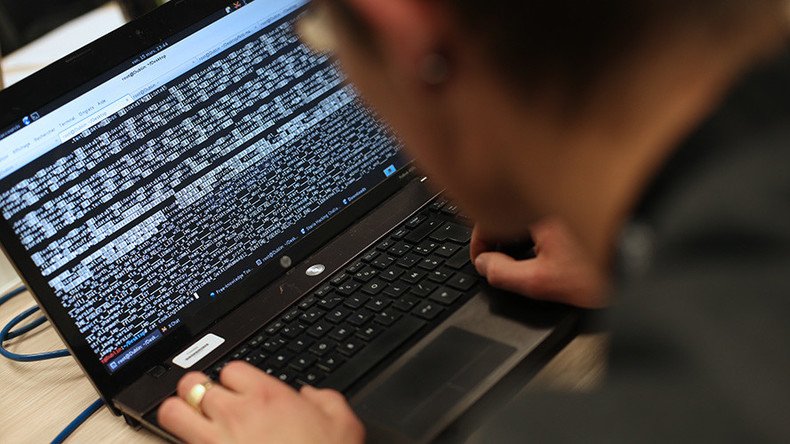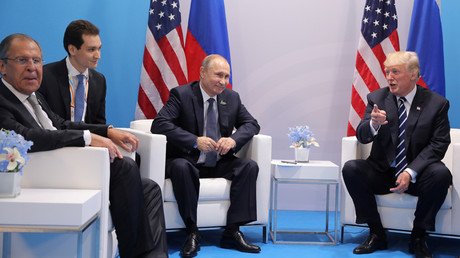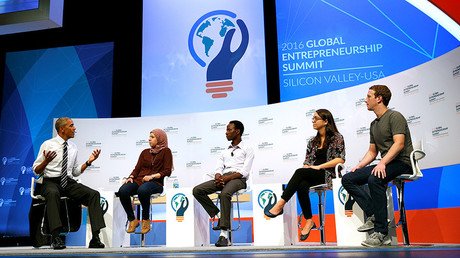'Year late & bad info': California says DHS falsely accused Russia of hacking its voting systems

It appears that in its eagerness to accuse Russian hackers of meddling in the US presidential election, the Department of Homeland Security (DHS) wrongly claimed California's election systems had been breached.
California Secretary of State Alex Padilla released a statement in which he confirmed that DHS officials had told him that the state's election system had been “scanned” by Russian hackers.
“Last Friday, my office was notified by the US Department of Homeland Security (DHS) that Russian cyber actors 'scanned' California’s Internet-facing systems in 2016, including Secretary of State websites. Following our request for further information, it became clear that DHS’ conclusions were wrong,” he wrote in a statement published on Wednesday.
He went on to stress that last Friday's notification from the DHS wasn't just “a year late,” but was also “bad information.”
Now the DHS instead maintains – without any stated evidence – that “Russian scanning activity...occurred on the California Department of Technology statewide network,” rather than Secretary of State websites.
California's Secretary of State does not use the Department of Technology to provide IT services for its website, internet-facing applications, or the statewide voter registration database, according to Padilla's office.
Padilla’s statement added that based on this additional information, “the California Secretary of State elections infrastructure and websites were not hacked or breached by Russian cyber actors.”
As for the Department of Technology allegedly being breached, the office said its security systems were able to block “suspect activity.” However, claims that Russians were behind any such attempt remain unsubstantiated.
Padilla's statement comes after California – along with 20 other states – was told last week that its systems were targeted last year “by Russian government cyber actors seeking vulnerabilities and access to US election infrastructure.”
The DHS' mistake in California is the second time in a week that the department's credibility has come into question, as it was forced to backtrack earlier this week on its claim that Russian hackers attempted to hack Wisconsin's election infrastructure.
Just as in the case of California, the DHS quickly pointed to another government department which the elusive Russians allegedly tried to hack – the Wisconsin Department of Workforce Development.
It is an interesting – and once again unproven – claim, considering the office merely oversees job training and unemployment benefits.
Despite ongoing claims and an investigation into Russian meddling in the US presidential election, no evidence has been provided to support the hysteria.
A congressional investigation into Russia’s alleged meddling in the US election has been dragging on 10 months, with any hard evidence explicitly pointing to the role of Russian authorities yet to be produced.
Moscow has repeatedly denied interfering in the election campaign.
Russian President Vladimir Putin has rebuffed the meddling claims, on one occasion noting that the US is not “a banana republic,” for others to interfere with its people's choice.
In an interview with filmmaker Oliver Stone in June, Putin instead accused the US of meddling in Russia's most recent presidential elections in 2012, by campaigning on the side of the Russian opposition.
Moreover, Russian Deputy Foreign Minister Sergey Ryabkov said in August that there is “no doubt” the US will again try to meddle in the 2018 presidential election.
That same month, US President Donald Trump told a rally in West Virginia that the Russia story is a “total fabrication” and an excuse used by Democrats for the “greatest loss in the history of American politics.”
He said that prosecutors should instead be focused on Hillary Clinton's 33,000 deleted emails rather than alleged Russian meddling.














